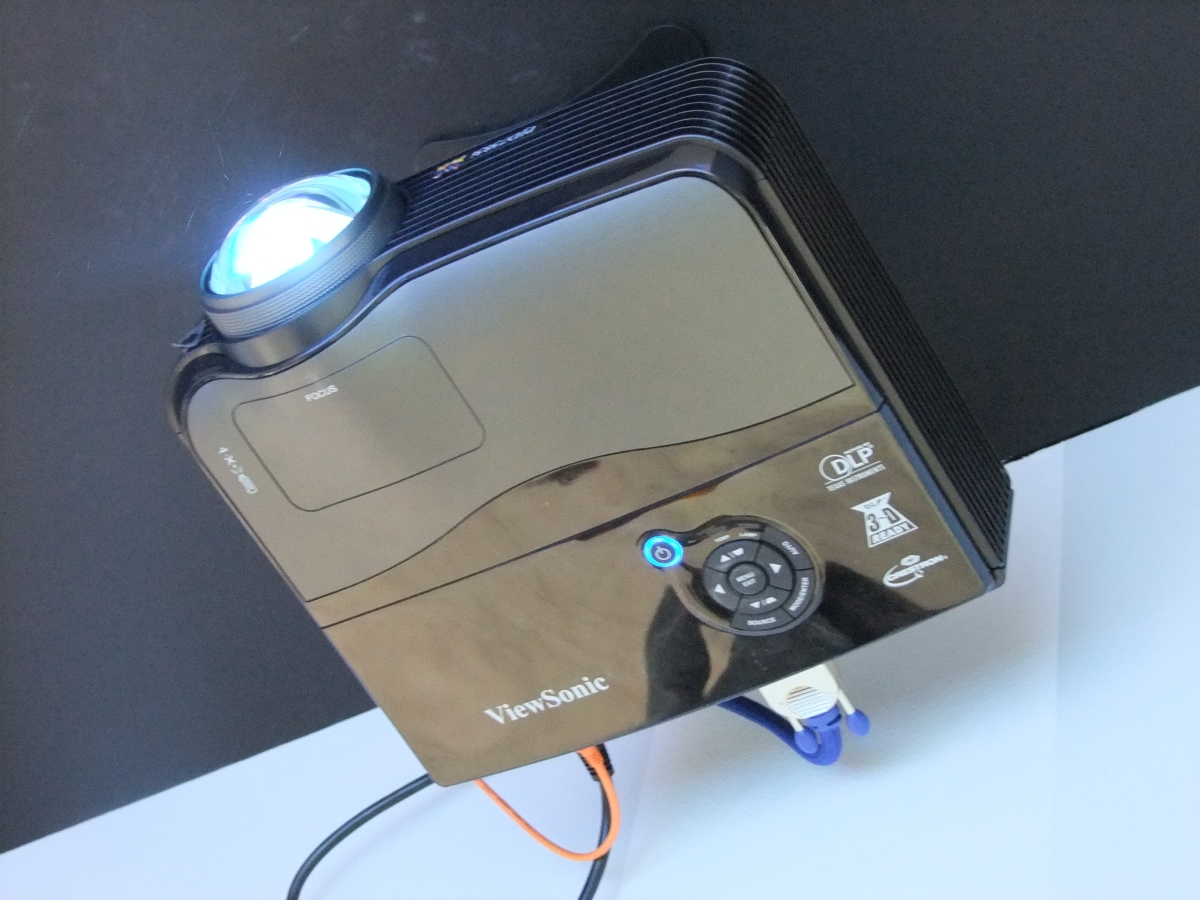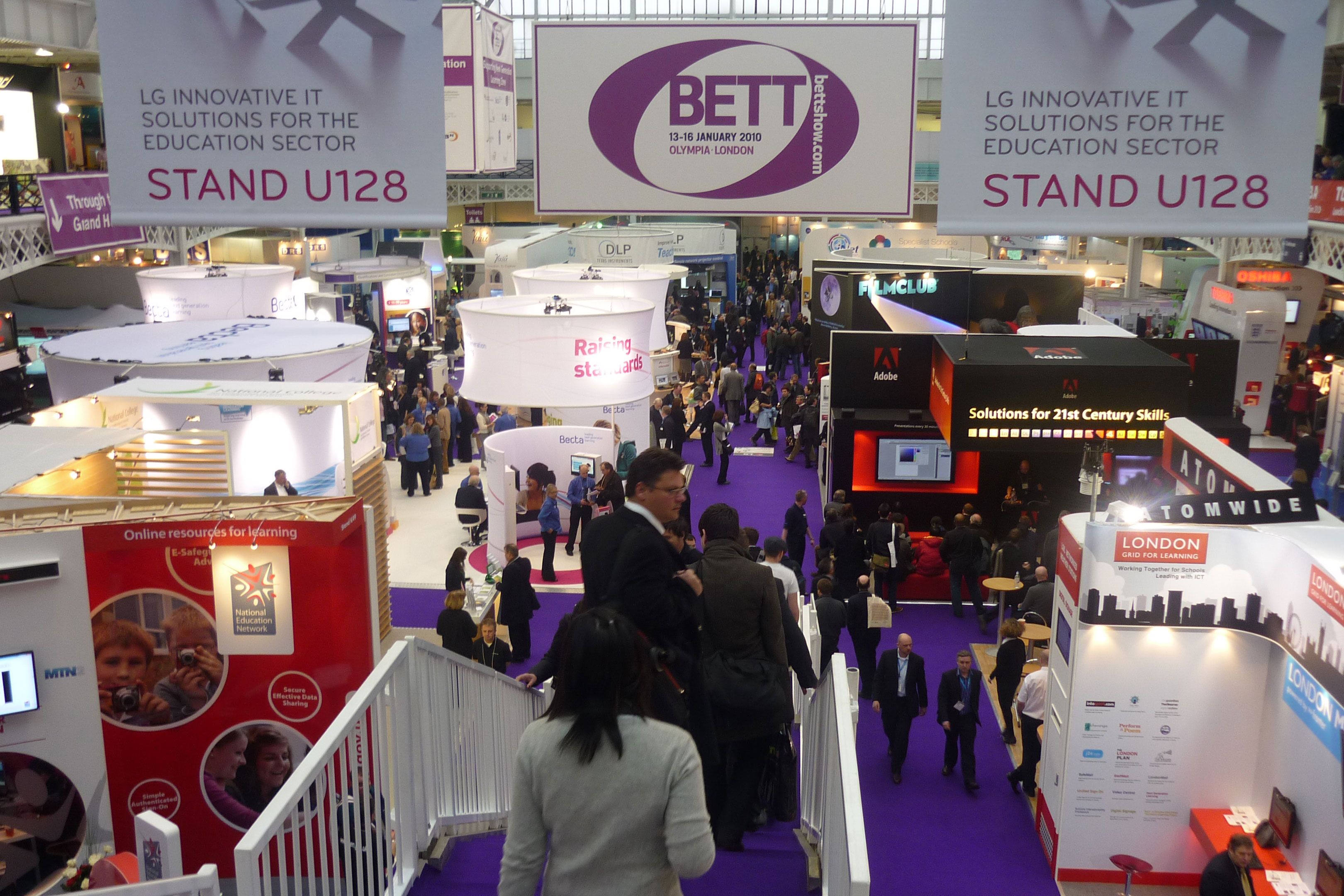Week in Review: Google takes on China
Google threatens to quit China, the economy recovers, students get new tech, and more from this week in IT.


Google picks a fight with China
It's the battle of the beasts this week, as Google picked a fight with China - or really, China picked a fight with Google.
Basically, Google has censored its search results in China for years, at the behest of the government, blocking out results for terms like Falun Gong. The search giant this week said it just might stop doing that - which would mean it would have to stop operations in the company - after it became aware that Chinese hackers were targeting GMail accounts of human rights activists. The attacks apparently took advantage of a known flaw in Internet Explorer.
China said Google is being silly, and that its internet is free and open - which of course it famously isn't. While they've since said they'd like Google to stick around, they won't exactly be without search, as Google runs second in that market by a huge margin to local provider Baidu.
While it's hard to see why the attacks have suddenly angered Google - considering it was censoring such people itself via its own search - at least they're finally starting to live up to their own "Do No Evil" motto.
Microsoft intends to stick around in China, with chief executive Steve Ballmer saying he doesn't understand Google's move, as such cyber attacks are "every day" activities.
The tech sector has recovered
Get the ITPro daily newsletter
Sign up today and you will receive a free copy of our Future Focus 2025 report - the leading guidance on AI, cybersecurity and other IT challenges as per 700+ senior executives
Cheer up, it's 2010 and economic horrors of 2009 are long over - according to analysts, at least.
Forrester piped up earlier this week to declare that the "technology downturn of 2008 and 2009 is unofficially over".
That firm's happy thoughts were echoed later in the week when Gartner's PC shipment numbers showed a 22 per cent increase in growth over last year - the highest growth rate in seven years. Analyst Mikako Kitagawa said this showed the markets had recovered.
Intel proved their analysis by posting an 875 per cent income jump - that's not a typo. Sure, the huge jump was made possible by the horrible results of last year, but it's still a clear sign of recovery at one of the tech's bellwethers.
Educational tech for kids
The BETT educational technology show hit London this week, bringing with it oodles of new interactive whiteboards, ruggedised netbooks and other student-friendly gadgets - check out our video about Dell's vision of the classroom of the future.
The powers that be used the show as an opportunity to push their long-discussed programme to supply free PCs and broadband to children of low-income families.
TalkTalk took some issue with that, calling it "muddled thinking" given the government is also set to start taxing everyone with a broadband line.
Meanwhile, an Intel survey showed teachers think every student in their class should have their very own laptop.
iPhone versus Nexus One hots up
Google's Nexus One arrived last week, sparking off another iPhone-killer standoff - as if we haven't had enough of those already.
So far, it doesn't look to be doing the job. While it hasn't been released in the UK on a network yet, it has gone out in the US - but the much anticipated Google phone has only sold 20,000. That might sound good, but it's not only a fraction of the iPhone's sales, but fewer sales than other less vaunted phones, too.
Apparently, the Nexus One costs $175 to make, and Google promised the next version will be a bit more business friendly.
Meanwhile, the iPhone was added to the another UK operators shelves this week, and is now available on the Vodafone network.
The best of the rest
One of the founders of the Darkmarket site faces 10 years in jail, while Microsoft, Adobe and Oracle all offer up security patches.
The Information Commissioner's Office has won the right to fine people as much as 500,000 for data breaches.
Facebook founder Mark Zuckerberg thinks we don't care about privacy online, and Gary McKinnon has won another stay of extradition with a judicial review, so he's staying in the UK until at least the spring.
Freelance journalist Nicole Kobie first started writing for ITPro in 2007, with bylines in New Scientist, Wired, PC Pro and many more.
Nicole the author of a book about the history of technology, The Long History of the Future.
-
 Cleo attack victim list grows as Hertz confirms customer data stolen
Cleo attack victim list grows as Hertz confirms customer data stolenNews Hertz has confirmed it suffered a data breach as a result of the Cleo zero-day vulnerability in late 2024, with the car rental giant warning that customer data was stolen.
By Ross Kelly
-
 Lateral moves in tech: Why leaders should support employee mobility
Lateral moves in tech: Why leaders should support employee mobilityIn-depth Encouraging staff to switch roles can have long-term benefits for skills in the tech sector
By Keri Allan
-
 ViewSonic PJD-7383i interactive projector review: First look
ViewSonic PJD-7383i interactive projector review: First lookReviews We take a hands-on first look at ViewSonic's intriguing interactive projector which could make flipboards and blackboards a thing of the past.
By Alan Lu
-
 Week in Review: The iPad cometh
Week in Review: The iPad comethNews This week in IT, the iPad finally reaches the UK, uncertainty continues to surround Gary McKinnon’s extradition and Facebook shakes up its privacy controls.
By Jennifer Scott
-
 Photos: Kid-friendly tech at BETT
Photos: Kid-friendly tech at BETTNews A roundup of some of the more interesting new technologies on display at education show BETT.
By Nicole Kobie
-
 Week in Review: McKinnon faces US extradition
Week in Review: McKinnon faces US extraditionNews It's been a bad week for Gary McKinnon, Sony Ericsson and Wikipedia.
By Nicole Kobie
-
 Week in Review: iPhone arrives with Rick Astley
Week in Review: iPhone arrives with Rick AstleyNews The iPhone moved to Orange and rick-rolled a few users, Bing emerged from beta, and more of this week's news from the wonderful world of IT.
By Nicole Kobie
-
 Monthly round-up: July
Monthly round-up: JulyNews It was good times for Google and Apple with their iPhone, but a rough month for some other top tech firms.
By Nicole Kobie